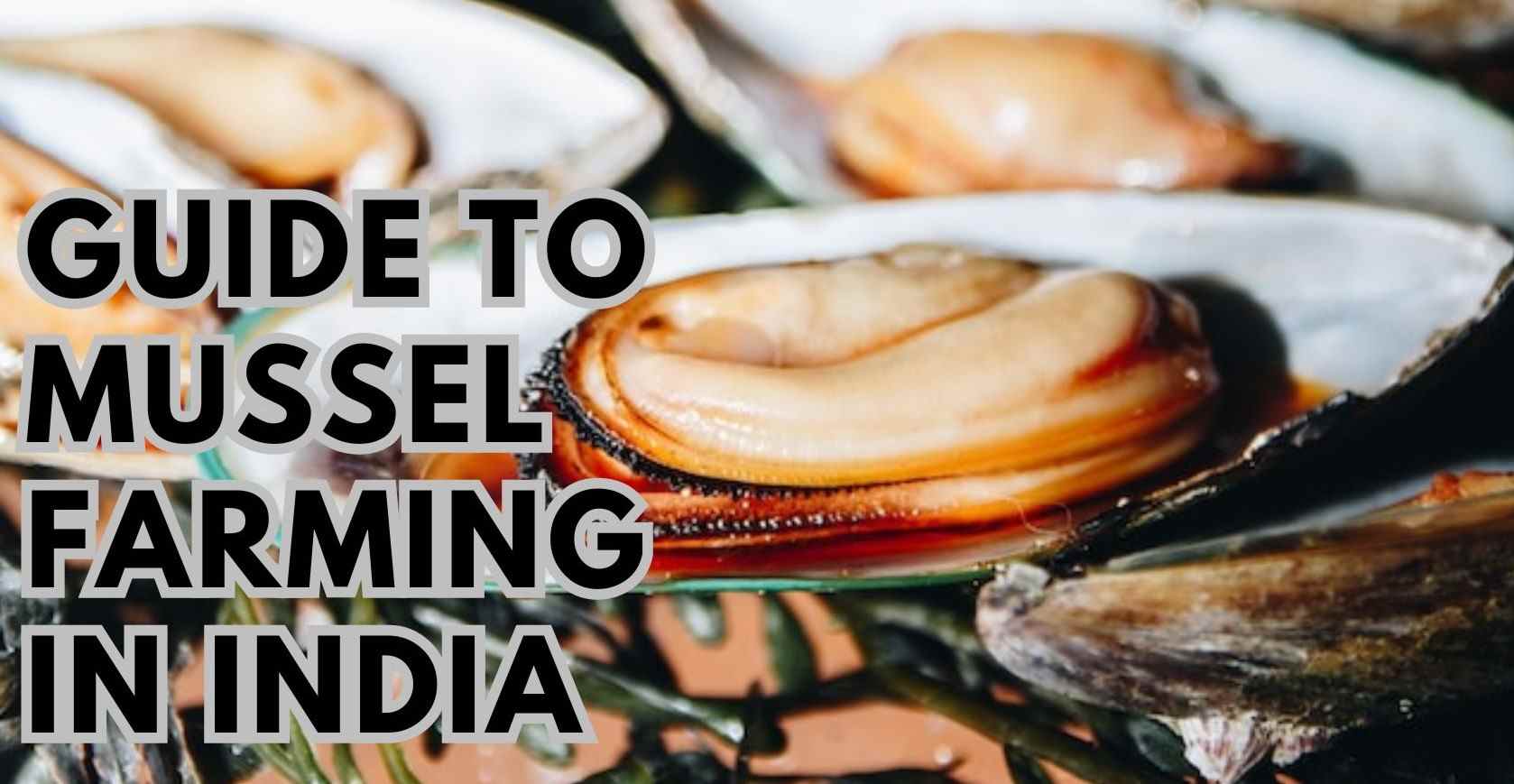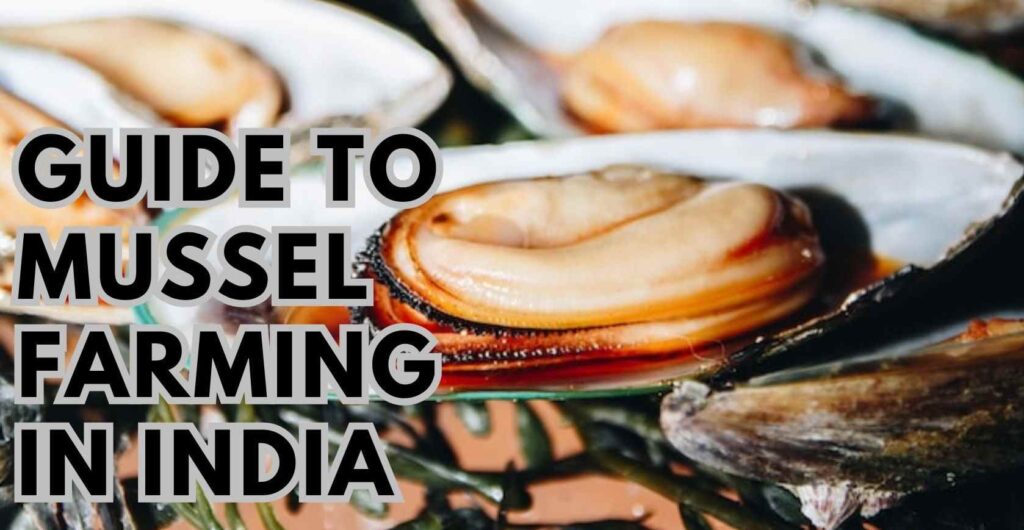
Cultivating Marine Riches: A Comprehensive Guide to Mussel Farming in India

Mussel farming, recognized as an eco-friendly and sustainable aquaculture practice, is emerging as a promising venture in India. Beyond its potential for lucrative returns, it contributes significantly to food security. Mussels, bivalve mollusks packed with exceptional nutritional value, are gaining popularity both as a delicacy and as a source of omega-3 fatty acids.
Requirements for Mussel Farming in India
To embark on a successful mussel farming venture, aspiring entrepreneurs must adhere to specific requirements:
- Site Selection: Identify suitable locations with clean, unpolluted waters, optimal salinity levels, and adequate water flow. Ideal locations include protected bays, estuaries, and shallow coastal areas.
- Legal Approvals: Obtain necessary permits and licenses from the Fisheries Department, Coastal Aquaculture Authority, and local authorities.
- Species Selection: Choose mussel species suitable for local environmental conditions and market demand. Common choices include Perna viridis, Mytilus edulis, and Crassostrea gigas.
- Farming Methods: Select appropriate farming techniques, such as longlines, rafts, or bottom cultivation, considering site conditions and production goals.
Resources and Investment for Mussel Farming
Essential resources for mussel farming include:
- Infrastructure: Acquire or construct farming structures such as rafts, longlines, or ropes, ensuring durability and resistance to marine conditions.
- Mussel Seed: Obtain mussel seed (spat) from reputable sources, ensuring its quality and suitability for the selected species.
- Labor: Employ skilled labor for mussel cultivation, monitoring, and harvesting activities.
- Equipment: Procure necessary equipment for mussel handling, cleaning, processing, and packaging.
- Transportation: Arrange transportation facilities for transporting mussels from the farm to processing units and markets.
The initial investment for mussel farming varies depending on the scale of operation, chosen methods, and resource availability. However, a typical mussel farm setup may involve an investment of ₹50,000 to ₹1 lakh per hectare.
Potential Income from Mussel Farming
Mussel farming offers promising returns, with average yields ranging from 5 to 10 tonnes per hectare per year. The market price of mussels fluctuates, but generally ranges from ₹20 to ₹50 per kilogram.
Assuming an average yield of 7.5 tonnes per hectare and a market price of ₹30 per kilogram, a mussel farm can generate an annual revenue of ₹225,000 per hectare.
Conclusion
Mussel farming in India presents a viable and sustainable livelihood option, offering economic benefits, nutritional value, and environmental conservation. With careful planning, resource management, and market awareness, individuals can reap the rewards of cultivating these marine delicacies.
Remember, the success of any aquaculture venture depends on factors such as site selection, species choice, farming methods, market demand, and overall management practices. By adhering to sustainable aquaculture practices and complying with regulations, mussel farmers can contribute to the growth of India’s aquaculture sector and the well-being of coastal communities.




